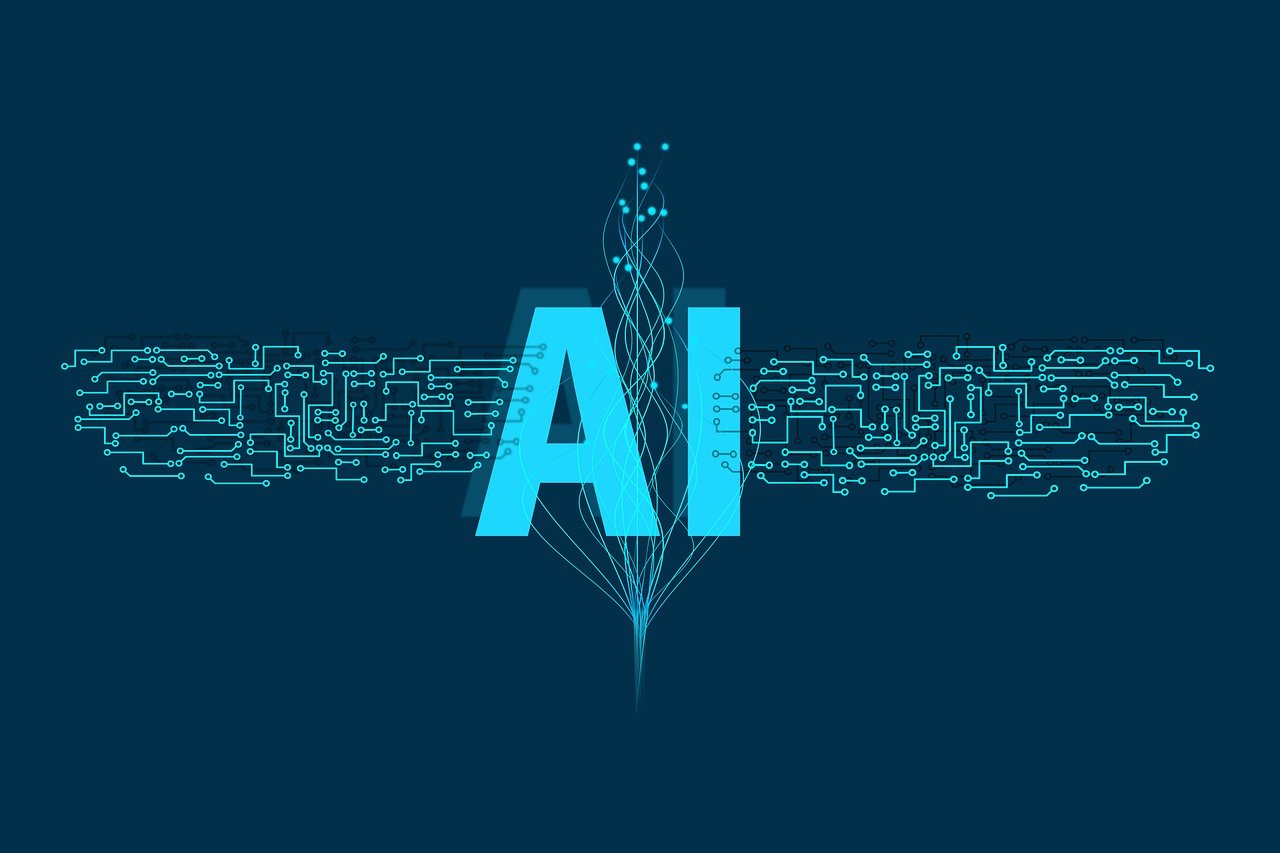AI is a transformative capability that has proliferated across the marketing technology stack, though most B2B marketers aren’t using it to its fullest potential. They frequently don’t understand or trust AI, so they’re hesitant to employ it to automate important tasks such as gathering audience and program insights, tactic orchestration, conversation automation and content creation. As B2B marketers gain a better understanding of AI’s capabilities, trust in these valuable solutions can grow.
This, along with developing a strategy for its purposeful utilization, creates an environment in which marketer and machine get smarter together and empower the customer-obsessed future of work.
Let’s take a look at three trends in AI for B2B marketing that Forrester sees.
Organizations are misguided by FOMO in the glare of generative AI’s spotlight
Generative AI has become a significant focus for B2B marketing organizations. The availability of advanced large language models and user-friendly applications has made AI more accessible, forcing adoption even in laggard organizations. Forrester’s July 2023 Artificial Intelligence Pulse Survey found that 79% of AI decision-makers who are planning to implement generative AI in the next year believe that it will greatly impact their customer interactions within two years — and 20% of those organizations view generative AI as their only AI strategy.
The fear of missing out intensifies the uncertainty surrounding AI as organizations rush to prove their use of the new technology in a reality where the demand for content remains fixed and increased content volume does not increase audience attention. B2B organizations must prioritize quality and value of content interactions over quantity.
Uncertainty and data quality issues challenge AI adoption in B2B marketing
AI embedded in the B2B martech stack can drive efficiency and effectiveness by continuously learning about audience context, preferences and intent, and then using that knowledge to make predictions and deliver experiences that drive conversions and the pipeline.
The early adoption of predictive AI models throughout the B2B martech stack, paired now with generative AI capabilities, promises even greater transformation. Through its ability to recognize patterns and learn from past interactions, AI can create highly relevant and personalized experiences that resonate with target audiences, but the success of those outputs depends on the quality of the data fed into AI models. Data challenges — including the lack of well-curated, high-quality data — impede AI progress and amplify privacy concerns and trust issues.
Better outcomes require trust and marketer-machine collaboration
Successfully implemented AI capabilities help B2B organizations understand and engage audiences like never before, answering questions about who the buyer is, what attracts and engages that buyer and how the individual buyer is connected to other members of the buying group.
This enables B2B marketers to improve the buyer and customer experience by enhancing engagement through deeper audience insights, more relevant personalization, tactic matching and orchestration, social media intelligence, predictive scoring, B2B Revenue Waterfall™ optimization, automated conversations and product recommendations. Combining the analytical power of AI with human experience and expertise allows for smarter decision-making and continuous refinement of marketing strategies and tactics based on data-driven insights.
But to achieve these outcomes, B2B marketing leaders must foster internal alignment on the role of AI in the customer-obsessed growth engine, define and communicate how AI and the human workforce will work together, ensure that AI models are being fed high-quality data, and invest the time and resources to properly train teams to use AI capabilities embedded in the martech stack.
Maximizing the potential of AI while minimizing risk requires well-defined governance and oversight to ensure that it operates ethically. A good AI governance framework includes data handling, privacy concerns, model validation processes, brand guidelines and transparency.
This governance is key to building trust in AI, as well as showcasing its correlation with positive business outcomes, improved productivity and efficiency and successful pilots.
Be intentional with implementation of AI for B2B marketing
Purposeful utilization of AI starts with people, not technology, with an outside-in, customer-first perspective of the role that AI will play across buyer and customer interactions. B2B marketing leaders must understand where and how to apply AI capabilities based on strategic initiatives to harmonize the work of marketer and machine.
To leverage AI effectively, B2B organizations must identify and scope use cases for the technology based on strategic business initiatives. These use cases should guide the definition of business requirements for technology capabilities, process changes and expectations for human team members sharing responsibilities with AI.
Marketing leaders must promote a culture of ideation, experimentation, continuous learning, collaboration and agility as the foundation for AI literacy. These characteristics support both early-stage innovation and the integration of proven AI-driven innovation into planned go-to-market strategies and execution processes.
If you liked this article, sign up for SmartBrief’s free email newsletter on Marketing Innovation. It’s among SmartBrief’s more than 250 industry-focused newsletters.
